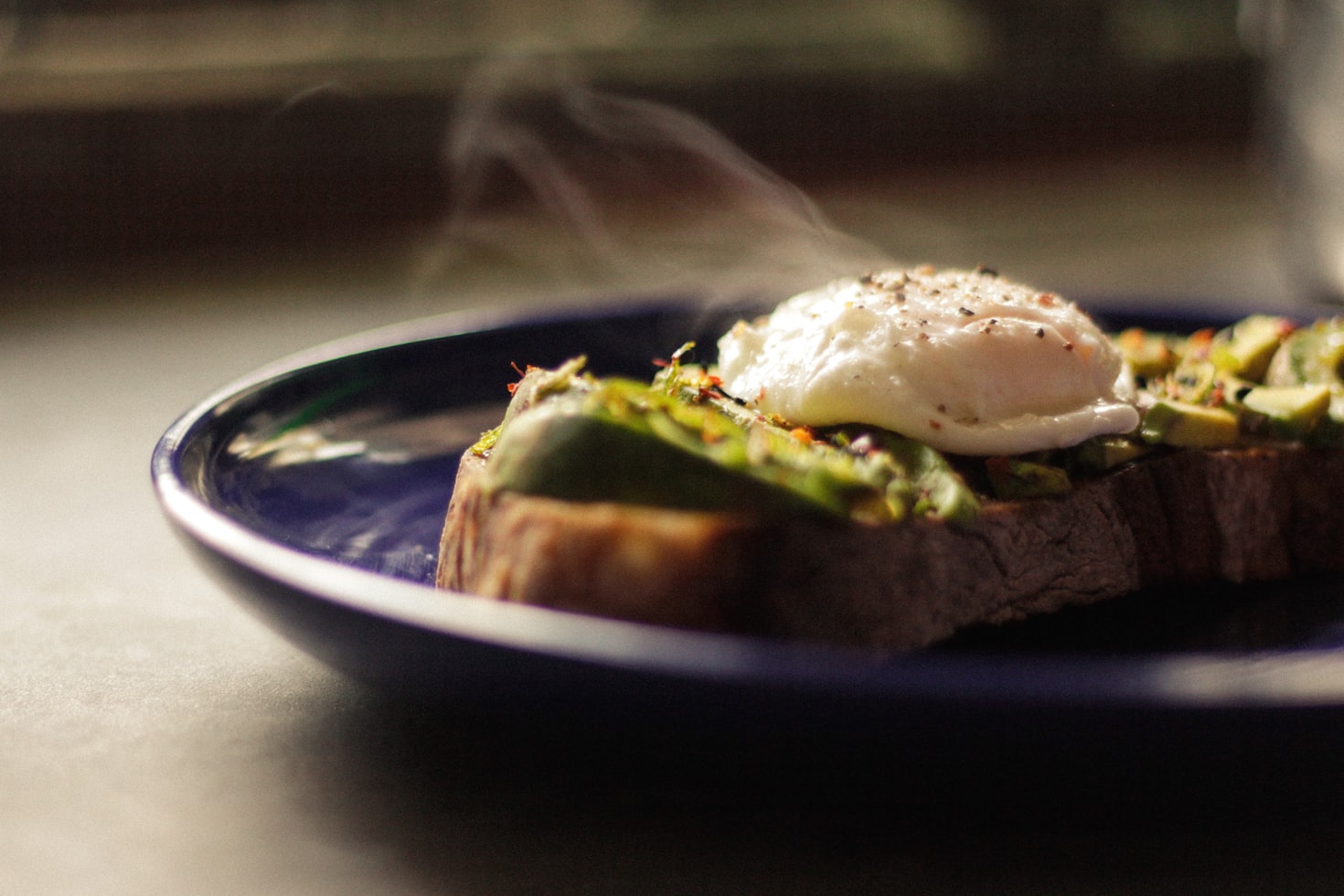Is The Keto Diet Good For High Blood Pressure?
High blood pressure, also known as hypertension, is a common health condition that affects millions of people worldwide. It is often referred to as the “silent killer” because it can lead to serious health complications if left untreated. Many individuals with high blood pressure are constantly seeking ways to manage their condition and improve their overall health. One popular diet that has gained significant attention in recent years is the ketogenic diet, or keto diet. In this article, we will explore whether the keto diet is good for high blood pressure and examine its potential benefits and drawbacks.
The Basics of the Keto Diet
The ketogenic diet is a low-carbohydrate, high-fat diet that has been shown to help individuals lose weight and improve certain health markers. The primary goal of the keto diet is to shift the body’s metabolism from using carbohydrates as its main source of energy to using fat. This metabolic state is known as ketosis.
On the keto diet, individuals consume foods that are high in fat, moderate in protein, and very low in carbohydrates. This macronutrient distribution forces the body to burn fat for fuel, leading to weight loss and other potential health benefits.
The Potential Benefits of the Keto Diet for High Blood Pressure
While the keto diet was initially developed to treat epilepsy, it has gained popularity for its potential benefits in various health conditions, including high blood pressure. Here are some potential ways the keto diet may help individuals with hypertension:
- Weight loss: The keto diet has been shown to be effective for weight loss, which is often recommended for individuals with high blood pressure. Losing excess weight can help reduce blood pressure levels.
- Reduced insulin resistance: The keto diet can improve insulin sensitivity and reduce insulin resistance, which are common factors in the development of high blood pressure.
- Lowered inflammation: The keto diet may help reduce inflammation in the body, which is believed to play a role in the development of hypertension.
- Improved cholesterol levels: Some studies have shown that the keto diet can lead to improvements in cholesterol levels, including a decrease in LDL cholesterol (the “bad” cholesterol) and an increase in HDL cholesterol (the “good” cholesterol).
Potential Drawbacks of the Keto Diet for High Blood Pressure
While the keto diet may offer potential benefits for individuals with high blood pressure, it is important to consider some potential drawbacks as well:
- High saturated fat intake: The keto diet is high in saturated fats, which may increase LDL cholesterol levels and potentially contribute to heart disease.
- Nutrient deficiencies: Restricting carbohydrates can make it challenging to consume an adequate amount of certain nutrients, such as fiber, vitamins, and minerals.
- Keto flu: Some individuals may experience flu-like symptoms, known as the “keto flu,” when transitioning to the keto diet. These symptoms can include fatigue, headache, and nausea.
- Long-term sustainability: The keto diet can be difficult to sustain in the long term due to its restrictive nature. Many individuals find it challenging to adhere to such a low-carbohydrate diet for an extended period.
Frequently Asked Questions (FAQ)
1. Can the keto diet cure high blood pressure?
No, the keto diet cannot cure high blood pressure. However, it may help manage the condition and improve certain health markers associated with hypertension.
2. How long does it take to see results in blood pressure levels on the keto diet?
The time it takes to see changes in blood pressure levels can vary from person to person. Some individuals may experience improvements within a few weeks, while others may take longer.
3. Are there any specific foods that should be avoided on the keto diet for high blood pressure?
While there are no specific foods that need to be avoided solely due to high blood pressure, it is important to focus on consuming healthy fats, lean proteins, and non-starchy vegetables.
4. Can the keto diet interact with blood pressure medications?
It is essential to consult with a healthcare professional before starting the keto diet, especially if you are taking blood pressure medications. The diet may affect medication dosages, and adjustments may be necessary.
5. Are there any risks associated with the keto diet and high blood pressure?
While the keto diet may offer benefits for some individuals with high blood pressure, it is not suitable for everyone. It is crucial to consider individual health conditions and consult with a healthcare professional before making any significant dietary changes.
6. Can the keto diet be combined with other lifestyle changes to manage high blood pressure?
Yes, the keto diet can be combined with other lifestyle changes, such as regular exercise, stress management, and reducing sodium intake, to effectively manage high blood pressure. It is important to take a holistic approach to overall health.
Summary
The keto diet may offer potential benefits for individuals with high blood pressure, including weight loss, improved insulin sensitivity, reduced inflammation, and improved cholesterol levels. However, it is important to consider the potential drawbacks, such as high saturated fat intake and nutrient deficiencies. The keto diet is not a cure for high blood pressure, and it is crucial to consult with a healthcare professional before making any significant dietary changes. Combining the keto diet with other lifestyle modifications may be an effective approach to managing high blood pressure and improving overall health.





